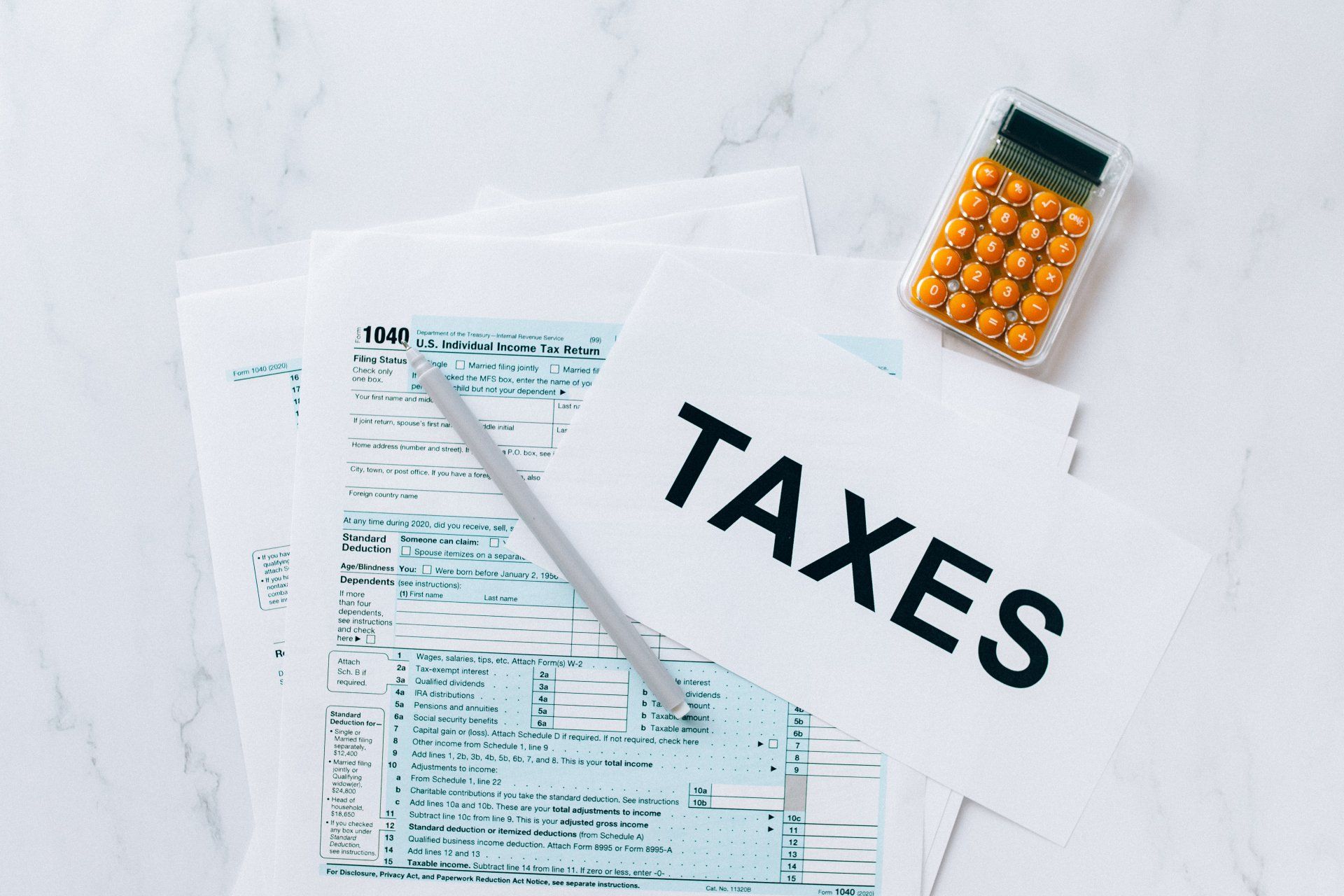Tax Benefits: The Guide to Depreciation for Queensland Property Investors
As a property investor in Queensland, understanding the nuances of tax depreciation can significantly enhance the profitability of your investments. Tax depreciation is a legitimate deduction that can be claimed on the wear and tear of your property and its fixtures over time. This guide will explore the key aspects of tax depreciation, ensuring you make the most of your investment opportunities.
The Essentials of Tax Depreciation
Tax depreciation refers to the reduction in value of an asset over time due to factors like age, wear and tear, and obsolescence. In real estate, this translates to two main types of deductions: capital works deductions and plant and equipment depreciation.
Capital Works Deductions: This involves the building’s structure and items that are permanently fixed to the property, like kitchens, bathrooms, and roofing. These deductions can be claimed based on the historical construction cost of the property, applicable over a 40-year period.
Plant and Equipment Depreciation: This category covers items within the property that can be easily removed, such as carpeting, blinds, and appliances. The depreciation rates and effective life for these items are determined by the Australian Taxation Office (ATO).
Importance of a Quantity Surveyor
For accurate claims, engaging a professional quantity surveyor is crucial. They specialize in estimating construction costs and can prepare a detailed depreciation schedule. This schedule not only outlines the deductions available over the lifetime of the property but also ensures compliance with the latest tax laws.
The Tax Depreciation Schedule: Your Financial Blueprint
A comprehensive tax depreciation schedule includes:
- Detailed Listing of All Deductible Items: Every depreciable item is documented with its value and expected lifespan.
- Projected Deductions: Estimates of annual deductions for the property’s structural elements and removable fixtures.
- ATO Compliance: Ensures that all claims are verifiable and compliant with current legislation.
Strategic Benefits of Tax Depreciation
For accurate claims, engaging a professional quantity surveyor is crucial. They specialize in estimating construction costs and can prepare a detailed depreciation schedule. This schedule not only outlines the deductions available over the lifetime of the property but also ensures compliance with the latest tax laws.
The Tax Depreciation Schedule: Your Financial Blueprint
A comprehensive tax depreciation schedule includes:
- Detailed Listing of All Deductible Items: Every depreciable item is documented with its value and expected lifespan.
- Projected Deductions: Estimates of annual deductions for the property’s structural elements and removable fixtures.
- ATO Compliance: Ensures that all claims are verifiable and compliant with current legislation.
Strategic Benefits of Tax Depreciation
Enhanced Cash Flow: By maximizing tax deductions, you effectively reduce your taxable income, leading to significant tax savings and improved cash flow.
Increased Investment Yield: Effective depreciation strategies can transform a negatively geared property into a positive cash flow investment, making it a more attractive proposition.
Long-term Financial Planning: Understanding and utilizing depreciation schedules allows for better financial planning and management of future cash flows.
Eligibility and Claiming Process
To be eligible for tax depreciation, you must own an income-producing property. The process involves:
- Property Assessment: Conducted by a quantity surveyor who evaluates the property and compiles the depreciation schedule.
- Filing Your Tax Return: Include your depreciation claim in your annual tax return, supported by the depreciation schedule.
Case Study: Tax Depreciation in Action
Consider a Queensland investor who purchased a residential rental property for AUD $500,000. The quantity surveyor identified AUD $300,000 worth of depreciable assets, with a calculated annual depreciation of AUD $15,000. This deduction significantly reduces the investor’s taxable income, enhancing the property’s yield and the investor’s cash flow.
Navigating Updates and Changes in Law
Tax laws and depreciation rates can change; therefore, staying informed through reliable resources and continuous professional advice is essential. This ensures that your investment decisions are based on the most current and beneficial information.
Tax depreciation is a valuable yet often underutilised tool in property investment. By understanding and applying these principles, investors in Queensland can not only comply with the law but also maximize their financial returns. It’s advisable to consult with a qualified quantity surveyor and tax professional to tailor your strategy to your specific investment needs.
By embracing these strategies, you ensure that your Queensland property investments are not only profitable but also positioned for long-term success.
Share this with friends!
Latest Property Market Insights











